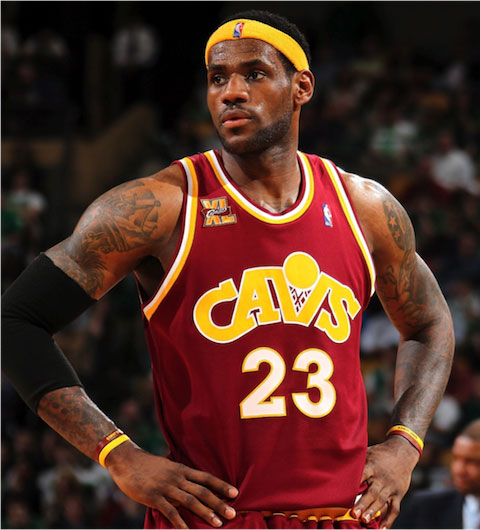By Jen Mylett
What is it?
What is it?
Sports marketing is all about creating a popular, expressive fan
base so that supporters, sponsors, media and the government pay to
promote organizations in a competitive sport-related environment. This specific marketing tactic generates
revenue by developing and exploiting the principal assets of a sports property:
brand, stadium, facilities, championships and athletes through the image
rights, advertisements, matches, merchandising licenses, products, etc.
Other topics in
the sports marketing field consist of companies that promote products and
services through sports radio broadcasting and advertisements, athlete endorsements,
newspapers, social media and licensing.
-fans/customers
-teams, clubs,
leagues, and competitions
-sponsors
-retailers, merchandisers,
& sportswear manufacturers
-broadcasters
& media
-representative
associations
-gambling services
-economic
initiatives
Education level?
The ideal degree-holding sports marketer will need a good
understanding in today’s business economy and with issues in the market as well
as some personal sales ability. They would need to have ethical and legal
knowledge applying to sports marketing and also be able to manage marketing and
human resources. About 71%
of marketing specialists have a bachelor’s degree, while 25% have a master’s
degree.
Individuals that
are interested in sports marketing would have the ability to work in a wide
variety of fields. Some include, but are not limited to: college sports, major,
minor or amateur leagues, franchise management, corporate fitness/ wellness
jobs, event management, public relations, media relations, sports law, licensing
or even fundraising.
Cons:
Over time, there have been countless mishaps in sports
history. There was the forced cancellation of the World Series and most of the
1994 season because of MLB players, then the NHL shut-down in 2005 that started
because of players’ disagreement to owner’s demands in its new labor contract, and
also the NBA lockout of 2011 that reduced the season from 82 to just 66 games.
The power that athletes in college and professional sports
do have negative sides. Everything is extremely unpredictable in the sport’s
world. Coaches willingly trade teams and players for more money. Teams can just
move to another city overnight if they want to. Loyalty is hard to maintain in
these fluctuating situations even if the fans don’t blame the teams for trying
to get all the money they can. Teams lose fans as they trade players and team
names in search of making more money just as brands would lose customers when
they change advertisement campaigns every year.
Calzada,
Esteve. "Show Me the Money!" Google Books. A&C Black,
2013, n.d. Web. 03 Feb. 2017.
<https://books.google.com/books?id=TZs2AAAAQBAJ&printsec=frontcover&source=gbs_ViewAPI#v=onepage&q&f=false>.
"LeBron James." Healthy Celeb.
HealthyCeleb.com, 17 Aug. 2016. Web. 04 Feb. 2017.
<http://healthyceleb.com/lebron-james-height-weight-body-statistics/31090>.
"What Is Sports
Marketing?" Marketing Career Information. Http://www.marketingcareeredu.org,
n.d. Web. 03 Feb. 2017. <http://www.marketingcareeredu.org/sports-marketing/>.
"What
Is Sports Marketing?" An Online Sports Marketing Textbook. Team
Sports Marketing, 12 Jan. 2017. Web. 03 Feb. 2017. <http://teamsportsmarketing.com/the-text/the-fan/why/>.

No comments:
Post a Comment